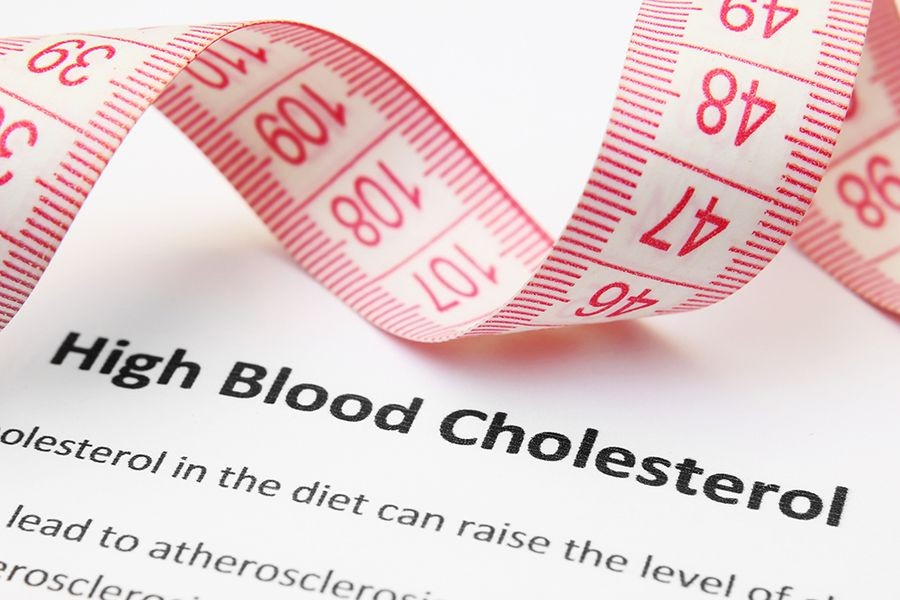Staggering 1 in 5 Kids Have Troubling Cholesterol Levels, Study Says

The AAP just released new guidelines recommending all kids get screened for cholesterol, not just those considered high risk. On the heels of their announcement comes new research finding a staggering 1 in 5 American kids over age 5 has unhealthy cholesterol, putting them at risk for developing heart disease and stroke.
Obesity seems to be the driving force behind these results. Consider that 43 percent of obese children showed abnormal readings, versus just 14 percent of normal-weight children. Age was also a contributing factor: 6 percent of kids between the ages of 6 and 8 had concerning readings, but kids between 16 and 19 were twice as likely to have abnormal readings.
To reach their conclusions, CDC researchers looked at federal health data from 2011-2014 and determined more than 13 percent of kids had unhealthy levels of HDL, or good cholesterol. Seven percent had total levels that were considered unhealthy.
"Clearly, the American Academy of Pediatrics' recommendations to screen all children for cholesterol status, and to take measures to prevent and manage obesity, are more appropriate than ever," says Dr. Michael Pettei, from the preventive cardiology department at Cohen Children's Medical Center.
The take-home message: Weight and cholesterol can be managed through proper diet and exercise. This data makes it clear a healthy lifestyle must begin in childhood to prevent a range of issues, from heart disease to stroke. Talk to your child's pediatrician if you are concerned about his or her weight.
Melissa Willets is a writer/blogger and a mom. Follow her on Twitter (@Spitupnsuburbs), where she chronicles her love of exercising and drinking coffee, but never simultaneously.
-
Kids have taught me that dips make food more appealing. A plate of plain broccoli gets the cold shoulder from most kids (and adults), but add a creamy dip and the broccoli will be eaten in no time. Well…sometimes the vegetable(s) may be lick
-
Its important to avoid using terms like fat when discussing childrens health. This language can be hurtful and stigmatizing. Instead, we should focus on using respectful and accurate terminology. Heres what we can say about childhood obesity in the U
-
Your 3-year-old is beginning to have definite ideas about what will and will not go into his mouth -- or onto the floor. He is beginning to show an independent streak and meal time should include foods a small child can pick up and eat without the as


